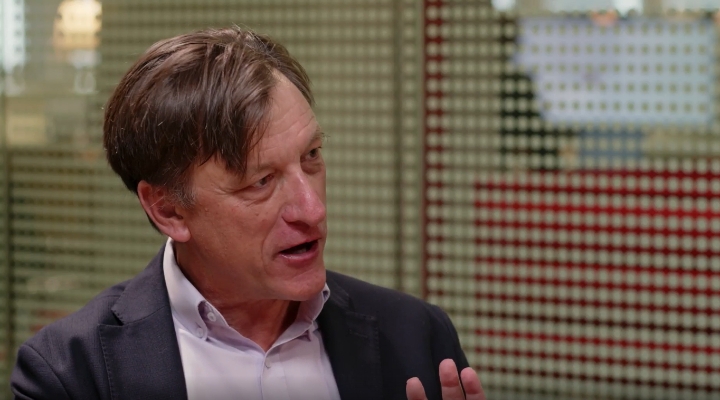
Lindsell Train Global Equity's distinct investment philosophy is attractive, and the fund continues to benefit from some veteran comanagers. However, conviction in the application of the process has diminished. We think there could be better consideration of opportunity costs and also better evaluation of management quality. The geographic biases have also proved painful.
Nonetheless, we recognise the helpful defensive qualities of the fund, which can serve a useful role within a diversified portfolio. We also appreciate that narrow market leadership has been unkind to the fund in recent years. This has not been the only negative factor, and we think the fund's competitive positioning within its cohort has diminished. This leads to a downgrade to the Process Pillar rating to Average from Above Average. The People Pillar retains its Above Average rating.
A Highly Concentrated Portfolio
Lindsell Train co-founders Michael Lindsell and Nick Train apply their investment approach to a global opportunity set. Both have more than 30 years' experience, including several years managing global equity portfolios prior to launching this strategy in 2011. They are joined by co-manager James Bullock; while less experienced, he has been contributing to the portfolio since joining Lindsell Train in 2010.
The investment philosophy lies in the belief that a highly-concentrated portfolio of high-quality, cash-generative, strong, and easily-understood business franchises will outperform the market and reduce volatility over the long term. The managers use strict criteria aligned to this belief to significantly pare down the universe. Qualifying stocks are subject to in-depth fundamental analysis by the managers and four supporting analysts.
Key Morningstar Metrics For Lindsell Train Global Equity
• Morningstar Medalist Rating: Bronze;
• Morningstar Rating: ★★★;
• Morningstar Category: Large Cap Global Growth;
• Category Index: Morningstar Global Growth TME NR USD;
• Total Assets: £4.3 billion;
• Inception Date: 3 March 2014.
Given the restricted investable universe and the managers' long experience, we find the team sufficiently resourced. A strength resides in Lindsell and Train's deep understanding of company strategy and the value of intellectual property. The managers' ability to see through the noise and hold stocks that are best placed to defend their business over the long term has long been seen as a key positive, but the buy and hold approach is accompanied by considerations relating to sell discipline, and this has proved painful more recently when opportunity cost is considered.
This is made more important by the highly-concentrated, stock-specific, and unconstrained approach. The sizeable regional and sector deviations from the category index have long been a feature, and the UK and Japan have been permanent overweightings.
Elsewhere, there is a low technology weighting, given that the managers feel these relatively newer businesses can significantly change their strategies as they develop. They prefer firms with a long and consistent heritage and strong brands or intellectual property. At times, companies' strategic mishaps have hampered the ability for the fund to fully capture the long-term value from this.
Which Stocks Are Causing Nick Train's Fund Problems?
Recent performance has failed to keep up with the category or global growth indexes. Some of this is explainable: naturally, the fund is not exposed to the very high growth stocks that have led the market. There has, nonetheless, been a negative relative impact from areas of the portfolio. That includes Japanese holdings in consumer staples companies that have been hit by the double-edged sword of Japanese yen depreciation and weakness in their exposure to the China consumer. This may prove to be cyclical but has been very painful.
Elsewhere, long-standing holdings in beverage companies Diageo (DGE) and Brown Forman (BF.B) detracted. They faced stocking issues that some argue are symptomatic of changing consumer habits, large margins. Holdings in Hargreaves Lansdown (HL.) and the position in Pearson sold in 2022 have also weighed on returns.
We recognise that some positions have worked very well over the last five years, however, including Nintendo (7974), Intuit (INTU), London Stock Exchange Group (LSEG), RELX (REL), and FICO (FICO). After years of significant net inflows, the strategy experienced net outflows in recent years. This brings with it different behavioral biases, which we monitor. Assets (including segregated mandates) stood at around £8.6 billion at the end of May 2024. Considerations on capacity are less prominent now than they once were. The managers' ability to execute the process and their approach to competition for capital in the fund still require monitoring.
Daniel Haydon is a manager research analyst at Morningstar




























